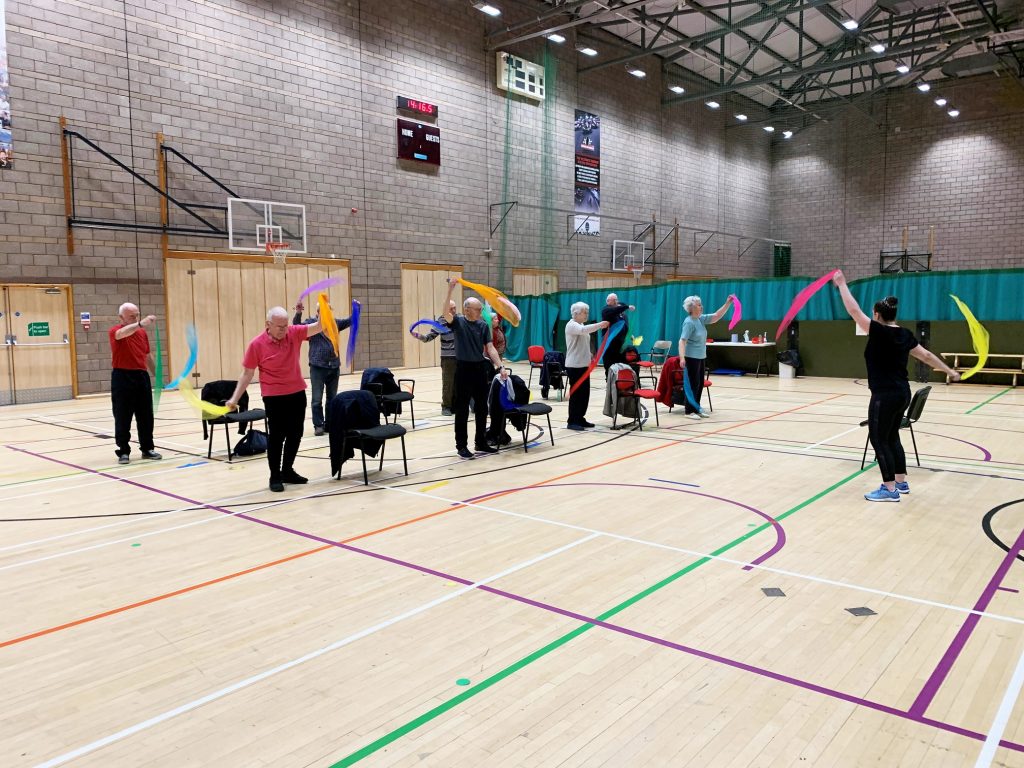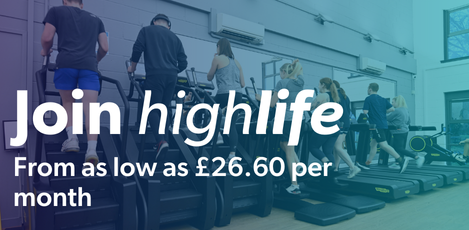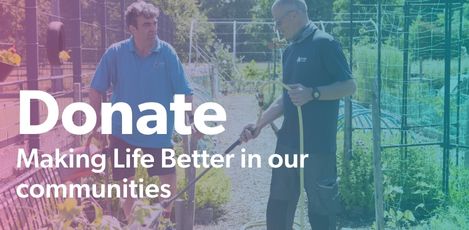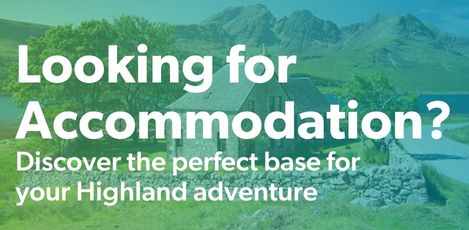
People living with Parkinson’s are being encouraged to take part in exercise programmes, offered by High Life Highland (HLH) both face to face and online.
Around 12,400 people have a diagnosis of Parkinson’s in Scotland – about one in every 375 adults.
It affects people of any age and in Scotland almost one in six is aged under 65 while one in three are aged over 80.
Across the Highlands, nine classes run every week with over 50 people affected by Parkinson’s taking part.
HLH Health and Wellbeing Manager Lynn Bauermeister said: “At the start of the pandemic our HLH specialist exercise instructors began personal contact by phone and email to help participants to keep well, advising people how to exercise safely at home.
“Working with people affected by Parkinson’s as well as our partners at Parkinson’s UK Scotland and NHS Highland, we also developed live interactive online classes which people could access during lockdown and we have continued to offer the online classes as well as restarting face-to-face classes in HLH leisure centres.”
Face to face classes take place at Averon Leisure Centre on Tuesdays between 3pm and 4pm; Inverness Leisure on Monday between 1.30pm and 2.30pm and on Wednesday between 2pm and 3pm; Thurso Leisure Centre on Thursday between 10am and 11am and 11.15am and 12.15pm; and at the Wick Assembly Rooms on Monday between 1.30pm and 2.30pm.
A new class in Lochaber starts on Thursday, November 11, with bookings now being taken.
Online Classes are held on Tuesday between 11am and 12.15pm; Thursday between 11am and 12.30pm; and on Friday between 11am and 12.15pm.
A new high intensity online class will start on Tuesday, November 30, with bookings being taken as of November 22.
One of those taking part in the classes is Pam from Inverness.
She said: “Without exercise I don’t know where I’d be because I get very, very stiff and I don’t like sitting down very much – I like doing things and I’m on the go all the time and I think that helps.
“I love exercise, so it’s easy for me to go to class. There are a variety of things they do and I enjoy the company and being with the others in the group.
“Apart from the social side of things, it’s always good to meet up with other people with Parkinson’s. You find out all sorts of things when you are talking to people – but online is also good because you don’t need to go in your car and go anywhere.”
Parkinson’s is a degenerative neurological condition for which there is a range of symptoms, which may include tremor, slowness of movement, muscle stiffness and a weakened voice.
Cathy Orr, Area Development Manager (Scotland) at Parkinson’s UK said: “It is well understood that if people can keep active it can significantly improve functional capacity, fitness and quality of life as well as reducing the risk of ill health, deterioration of condition, risk of falling and even acute hospital admissions whilst also helping to manage symptoms.”
According to Parkinson’s UK, around 1,500 people will be diagnosed with Parkinson’s this year, about 30 people each week.
NHS Highland physiotherapist with a special interest in Parkinson’s Carole Jackman said: “Working on this project and supporting the fitness instructors involved to deliver evidenced based exercise classes has significantly improved the services available that my fellow NHS colleagues can signpost patients to.
“This is important, as current evidence does show that if people with Parkinson’s engage in a long-term exercise plan that they may feel that they are in better control of their symptoms as well as improve their mental health.”
For more information about the Parkinson’s Exercise programme, email [email protected]






